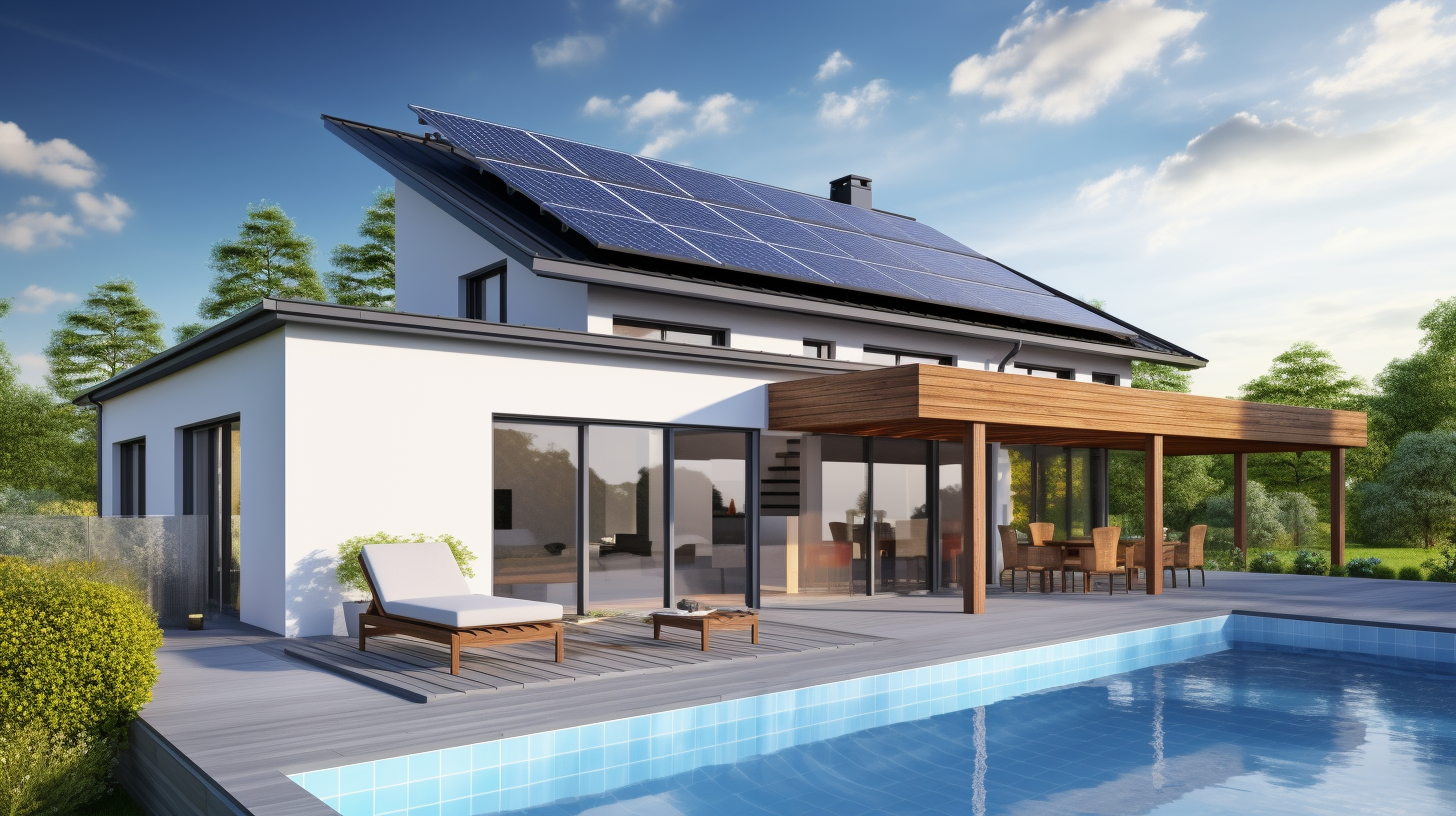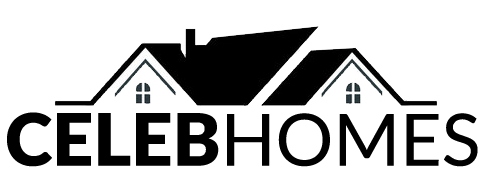
With the cost of everything going up, you might be looking for ways to save money on the basics. These expenses include everything from your monthly food tab to your home’s utilities. If you own your house, installing solar panels may have crossed your mind. After all, using the sun’s rays for energy can reduce your electricity bill and your home’s carbon footprint.
But like any homeowner investigating a major home upgrade, you’re likely wondering whether installing solar panels makes sense. Is your home a good candidate for them? And what factors should you think through before you invest? We’ll discuss five considerations to evaluate as you decide whether solar panels are a good fit.
1. Your Roof Has Enough Room
Ideally, you want your solar panels to be facing toward a direction with the most sun exposure. Typically, these directions are south, west, and east. The south side of your house tends to get the most sun during the day, followed by west and east. Look at the roof on those sides of your home and see whether there’s enough room for panels.
A solar installation project for the average house involves 17 to 21 panels. While your property may require slightly more or less, your roof needs ample space. The area of your roof where you install the panels should also be free of satellite dishes, vents, and chimneys. Otherwise, the panels may need more room to fit and be installed correctly. If you aren’t sure, you can have an installation expert look at your roof before you move forward.
2. Your Roof Doesn’t Need to Be Replaced Soon
Depending on materials and climate, roofs last between 20 and 30 years. Solar panels usually last within the same range — anywhere from 25 to 30 years. While most homeowners don’t knowingly purchase a property with a bad roof, determining the age and condition of yours is essential. You don’t want to install solar panels on a roof you’ll need to replace within a few years.
Even if your inspector said your roof was only a couple of years old before you moved in, have it inspected again. Hail storms, high winds, and heavy snow every year can reduce the average lifespan of a roof. If your roof is in good condition and has time left, you won’t jeopardize your solar panel investment. But what if you live in an area prone to inclement weather? Before going solar, install more durable hail-resistant roof shingles.
3. Your Home Is Free of Surrounding Obstructions
You’ve heard the warnings about planting trees too close to your home. As trees grow, the root systems can damage your foundation. Without proper moisture from irrigation and rainfall, the root systems may also get into your home’s pipes. Both problems will result in avoidable costs and could make your home uninhabitable until you fix the issues.
Another smart reason to avoid planting trees too close to your home is that their shade can block the sun. Obstructions like trees will make your house a less-than-ideal candidate for solar panels. A property with enough open space around it is a better contender for solar. Shade-free roofs receive more direct sunlight, even on cloudy days.
4. The Savings Outweigh the Costs
Your potential savings from going solar will depend on your upfront costs, maintenance expenses, and average electricity bills. As a homeowner, you can purchase or lease solar panels. Leasing options make panels more affordable, as you pay a monthly fee to spread out the installation and maintenance costs. However, you may miss out on federal and state tax credits if you don’t purchase your system.
Over time, your costs are reduced by your utility savings and incentives like tax credits. Homes with monthly electricity bills of $125 can expect to save about $1,500 a year. Given typical solar panel purchase prices, these savings mean you would break even in about 15 to 20 years. If you’re in your forever home and your electricity bills are around average, the savings can outweigh the costs. But it won’t make sense if your bills are consistently lower than average.
5. HOA Bylaws Are Favorable
Not every homeowner is part of a homeowners association, but if you are, the HOA’s bylaws can impact your plans for going solar. Some states have laws that prohibit HOAs from banning solar panel installations. Nonetheless, local regulations may not stop HOAs from stipulating what type of panels and systems you can install.
Read your HOA documents to see whether any language mentions solar panel installations. It may be in a passage about installing objects on the roof, including satellite dishes. Even if your HOA bylaws give you the green light, you’ll probably need to seek permission before your project begins. Most associations require approval of structural improvements to a home’s exterior. Everything from paint colors to outdoor sheds can be fair game.
Determining Whether Solar Panels Are Right for Your Home
Going solar is an investment, whether you purchase or lease your panels. With the rising cost of electricity, solar panels can help homeowners reduce their monthly bills and recoup the system’s expenses. Yet despite the advantages of utility savings and potentially higher home resale values, not all properties are ideal.
Before making the leap, inspect your roof, ensure there isn’t too much shade, run the numbers, and check with your HOA. When in doubt, consult with a solar installation expert. If all signals are go, don’t hesitate to put the sun’s power to work for you.
